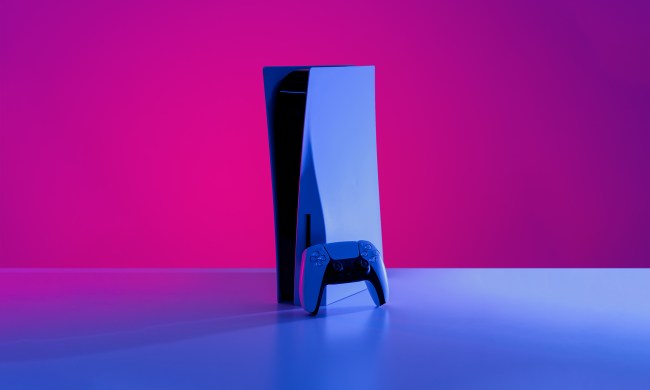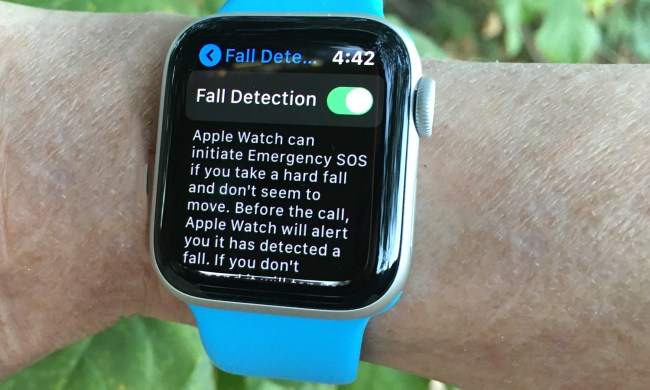Project Loon, Alphabet’s balloon-based internet service, might be taking flight in a new way. As per a recent FCC filing, it would appear that Project Loon is being spun out into its very own company. This marks an upgrade from its research lab project status, and could make Project Loon the latest business to come out of the Google parent corporation.
For years, the high-flying project has been housed under Alphabet’s X division, which is home to many of the company’s more outlandish and creative endeavors. But now that Project Loon has truly proven its mettle (it was recently deployed in Puerto Rico following Hurricane Maria to help restore cell service), it looks like it’s being given more latitude to do its own thing. Previously, Project Loon balloons were deployed over Peru, where they provided LTE coverage to the nation following a major flood. By relying on a telecom provider, the balloons were able to beam signals down to the ground.
Given these successes, it comes as little surprise that Project Loon is being given the opportunity to spread its wings even further. As per regulatory filings, the company would be named Loon Inc. As per a Business Insider report, Loon has long been a strong contender for being the newest spinoff from Alphabet’s X business. Just a few months ago, Project Loon got a new CEO, which already seemed to signal preparations for a more mature business.
When Alphabet allows a project to become its own business, it generally indicates a certain degree of confidence that the venture is ready to be commercialized. Loon would be able to set its own business objectives, but would become independently responsible for its well-being (something it doesn’t necessarily have to worry about while still under the wing of X).
In any case, plenty of Alphabet spinoffs have met with success, including smart home company Nest and navigational app Waymo.
While nothing is entirely official yet, we could soon be seeing more of these internet-beaming balloons in the sky. We’ve reached out to Project Loon for comment, and will update you with any further developments.


